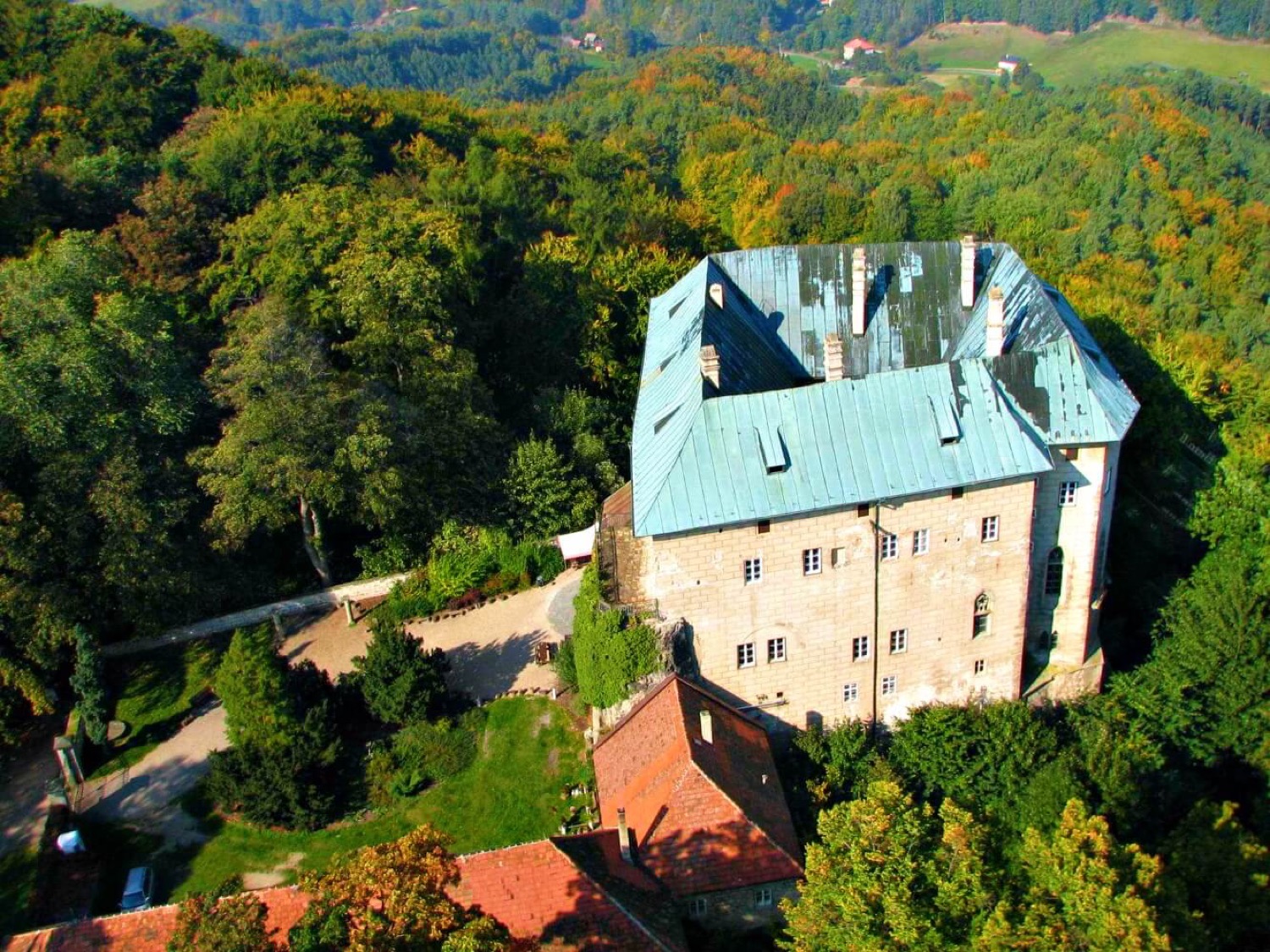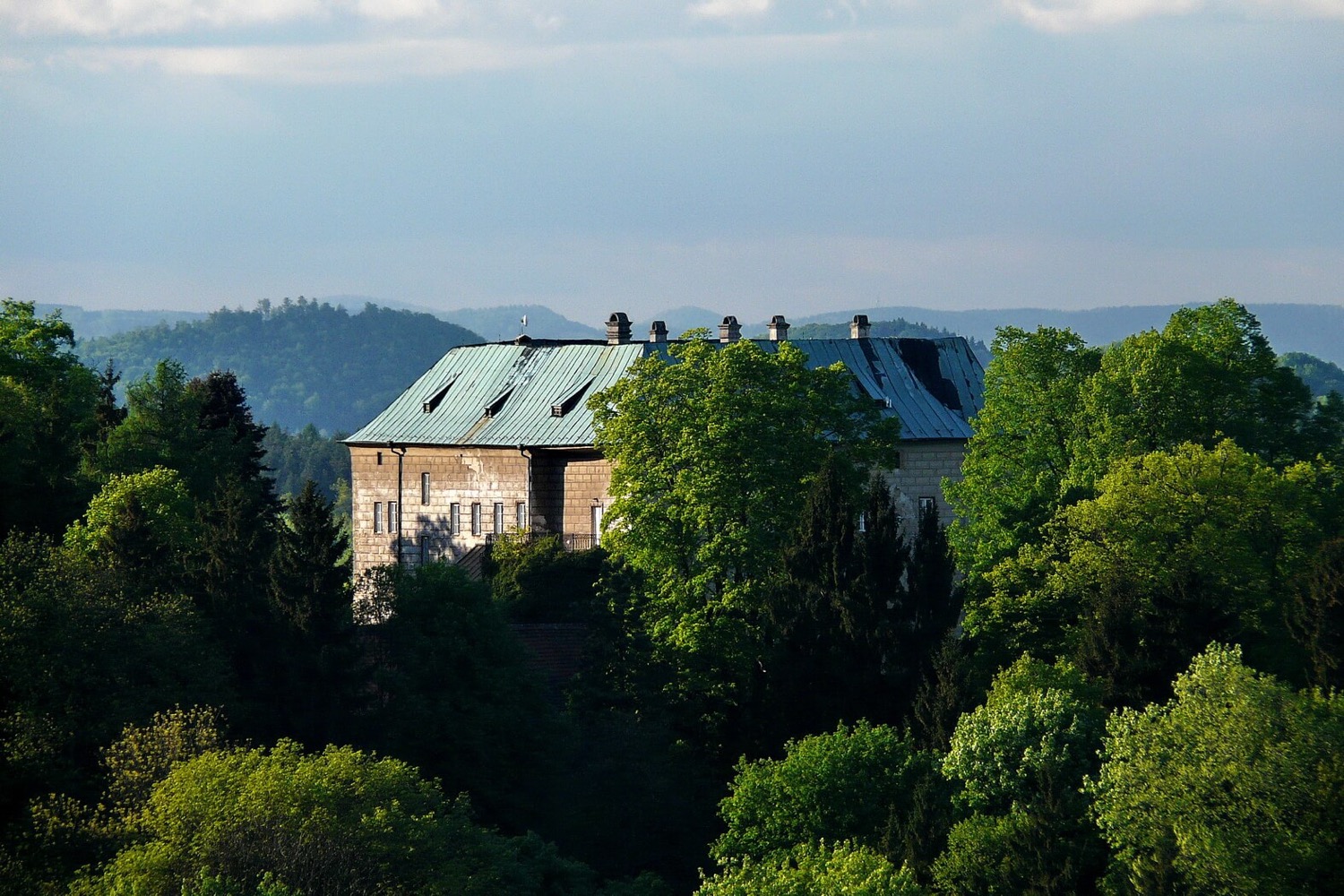Houska Castle
Česká Lípa Liberecký kraj Czech Republic
castle, chateau
Hrad Houska
Česká Lípa Liberecký kraj Czech Republic
castle, chateau
Houska Castle is an early Gothic castle, 47 kilometres (29 mi) north of Prague, in the Czech Republic
Houska je renesančně přestavěný raně gotický hrad, který leží ve východní části Kokořínských lesů, 47 km severně od Prahy, v katastrálním území Houska obce Blatce
Previous names
Houska Castle, Hrad Houska
Description
Houska Castle is an early Gothic castle, 47 kilometres (29 mi) north of Prague, in the Czech Republic. It is one of the best preserved castles of the period. Notable features include a predominantly gothic chapel, green chamber with late-gothic paintings, and knight's drawing room.
It was built in the first half of the 13th century probably on the orders of Bohemian ruler Ottokar II of Bohemia during his reign (1253–78) to serve as an administration center from which the extensive royal estates could be managed. Later it passed to the hands of the aristocracy, frequently passing from the ownership of one to another. In 1584–90 it underwent Renaissance-style modifications, losing none of its fortress features as it looks down from a steep rocky cliff. In the 18th century it ceased to serve as a noble residence and fell into a state of disrepair before being renovated in 1823. In 1897 it was purchased by Princess Hohenlohe and in 1924, the times of the First Republic, bought by the President of Škoda, Josef Šimonek. During World War II, the Germans used the castle to perform inhumane experiments on local people or prisoners of war.
Houska je renesančně přestavěný raně gotický hrad, který leží ve východní části Kokořínských lesů, 47 km severně od Prahy, v katastrálním území Houska obce Blatce. Nechal jej vystavět Přemysl Otakar II. jako významný královský hrad, ale záhy přešel do šlechtického majetku, v němž zůstal až do roku 1924. Houska dodnes patří k nejlépe dochovaným hradům Přemysla Otakara II. a je chráněn jako kulturní památka České republiky.
Nearby castles
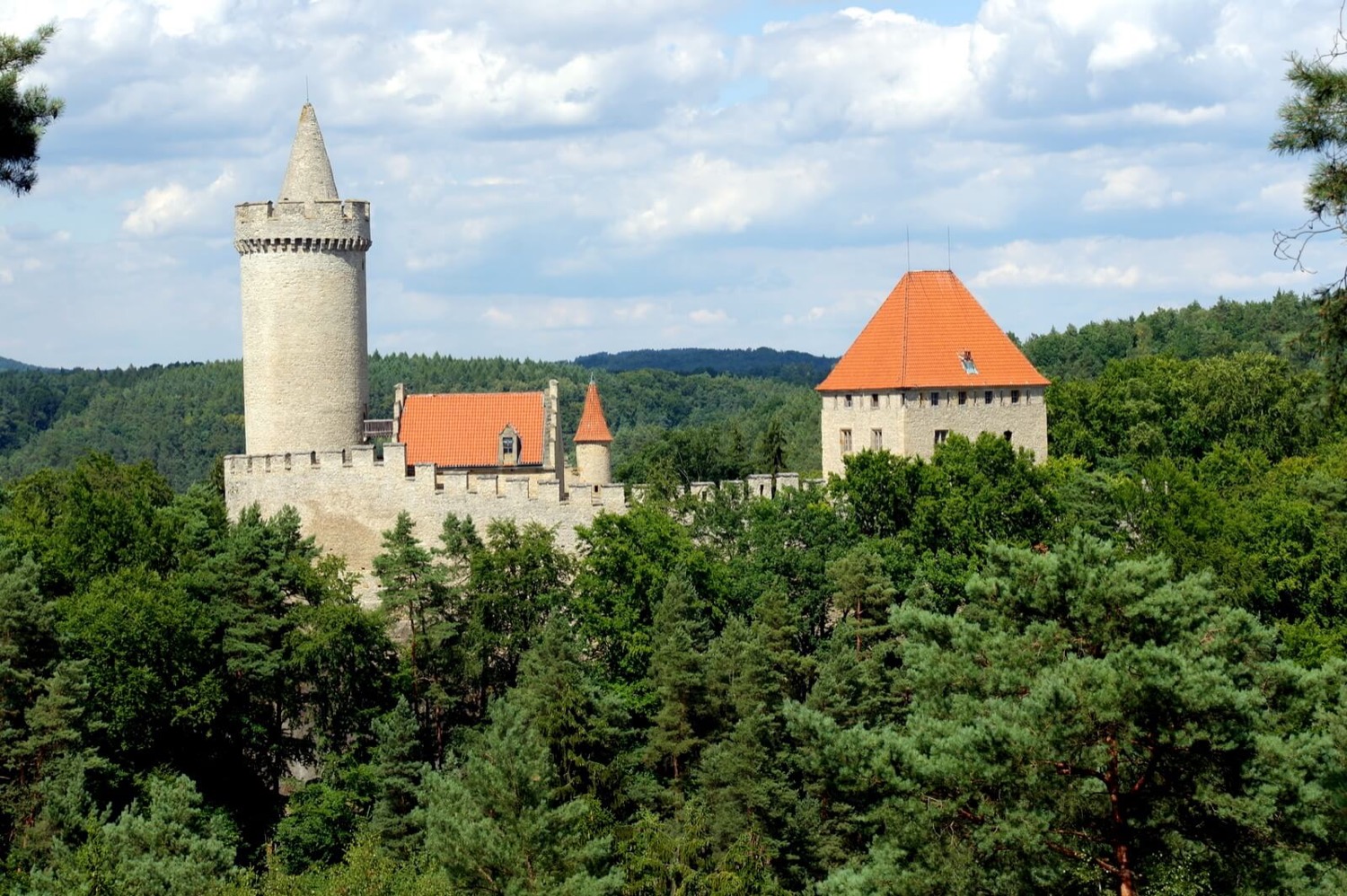
Kokořín Castle
Mělník District
6.5km
castle, chateau
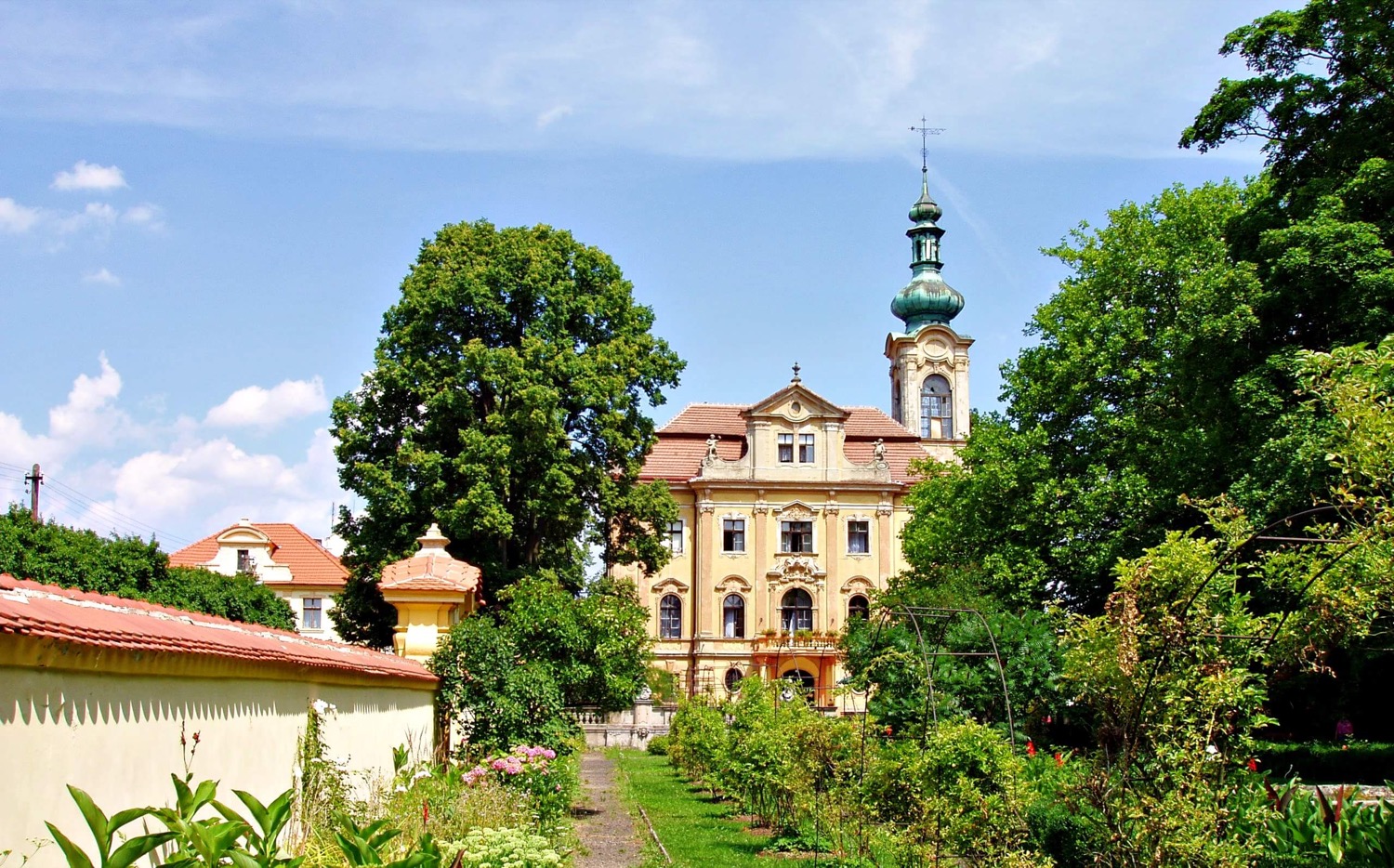
Vidim Chateau
Mělník
7.4km
castle, chateau
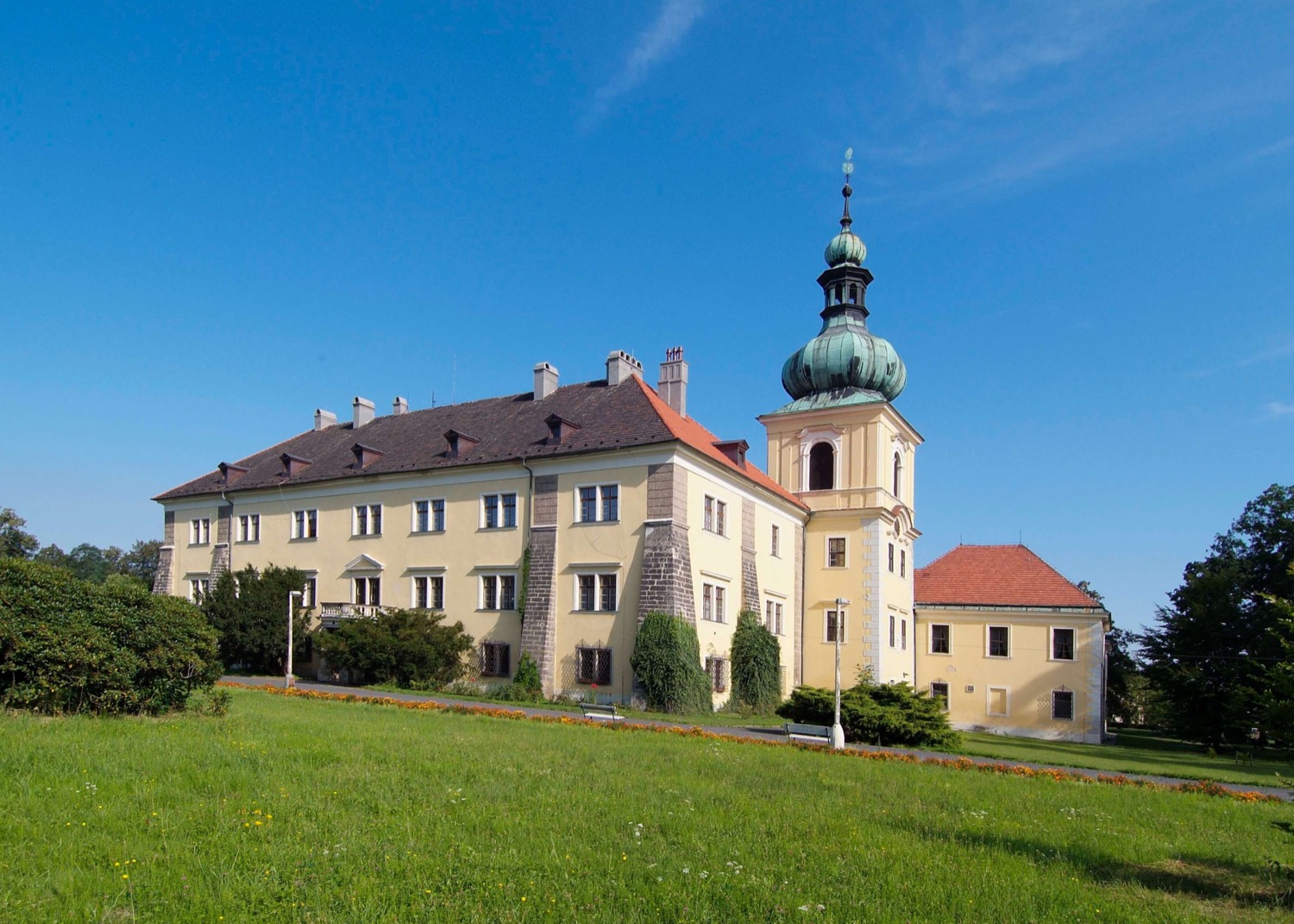
Doksy Chateau
Česká Lípa
8.5km
castle, chateau
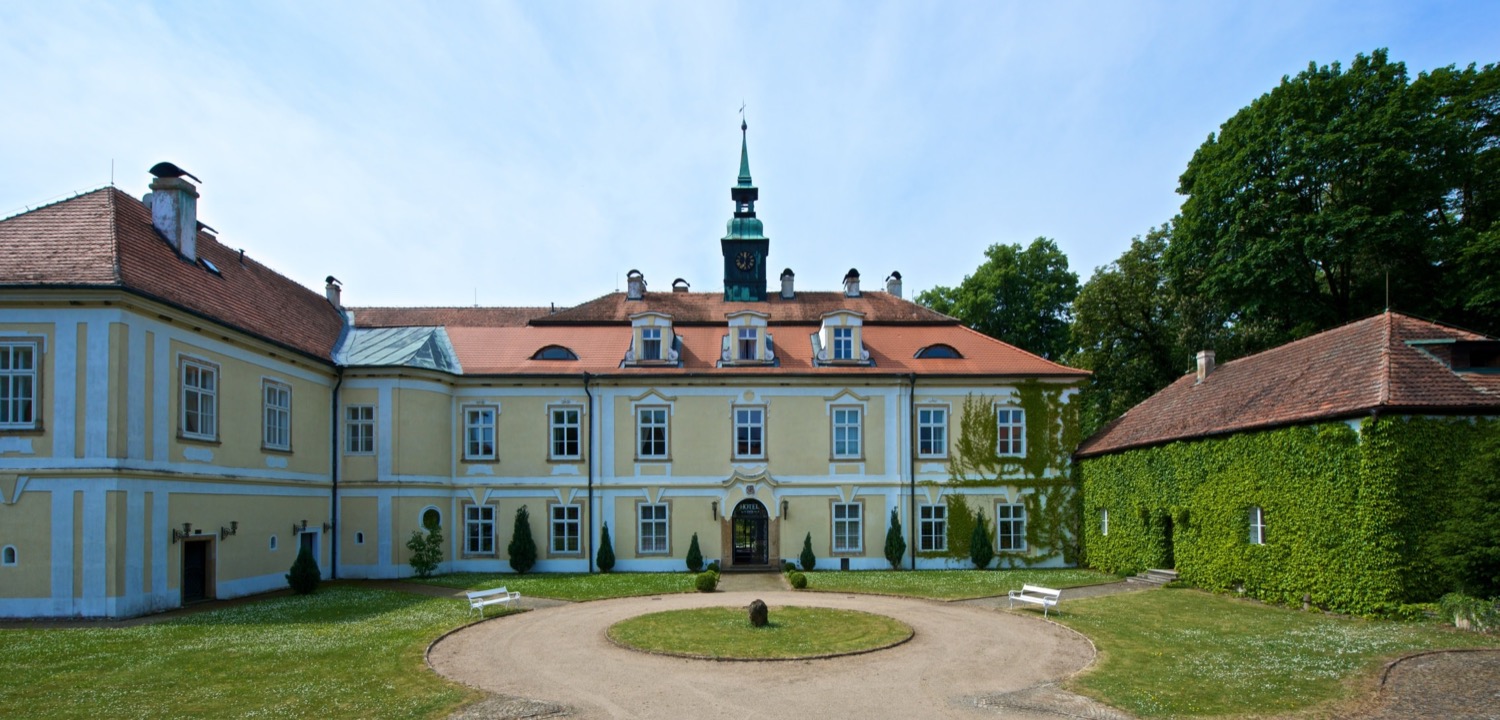
Nový Berštejn Chateau
Česká Lípa
8.5km
castle, chateau
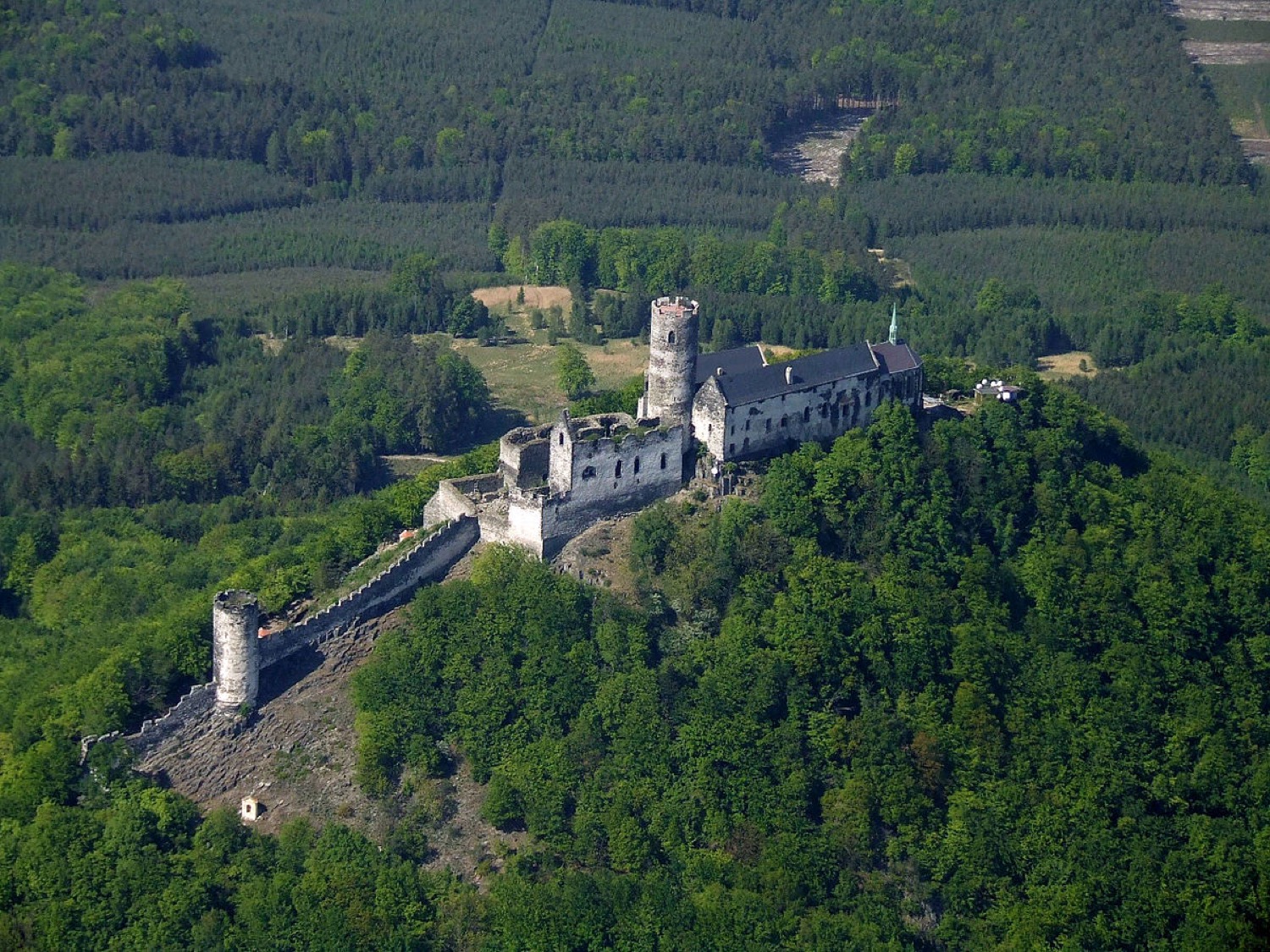
Bezděz Castle
Česká Lípa
8.6km
castle, chateau
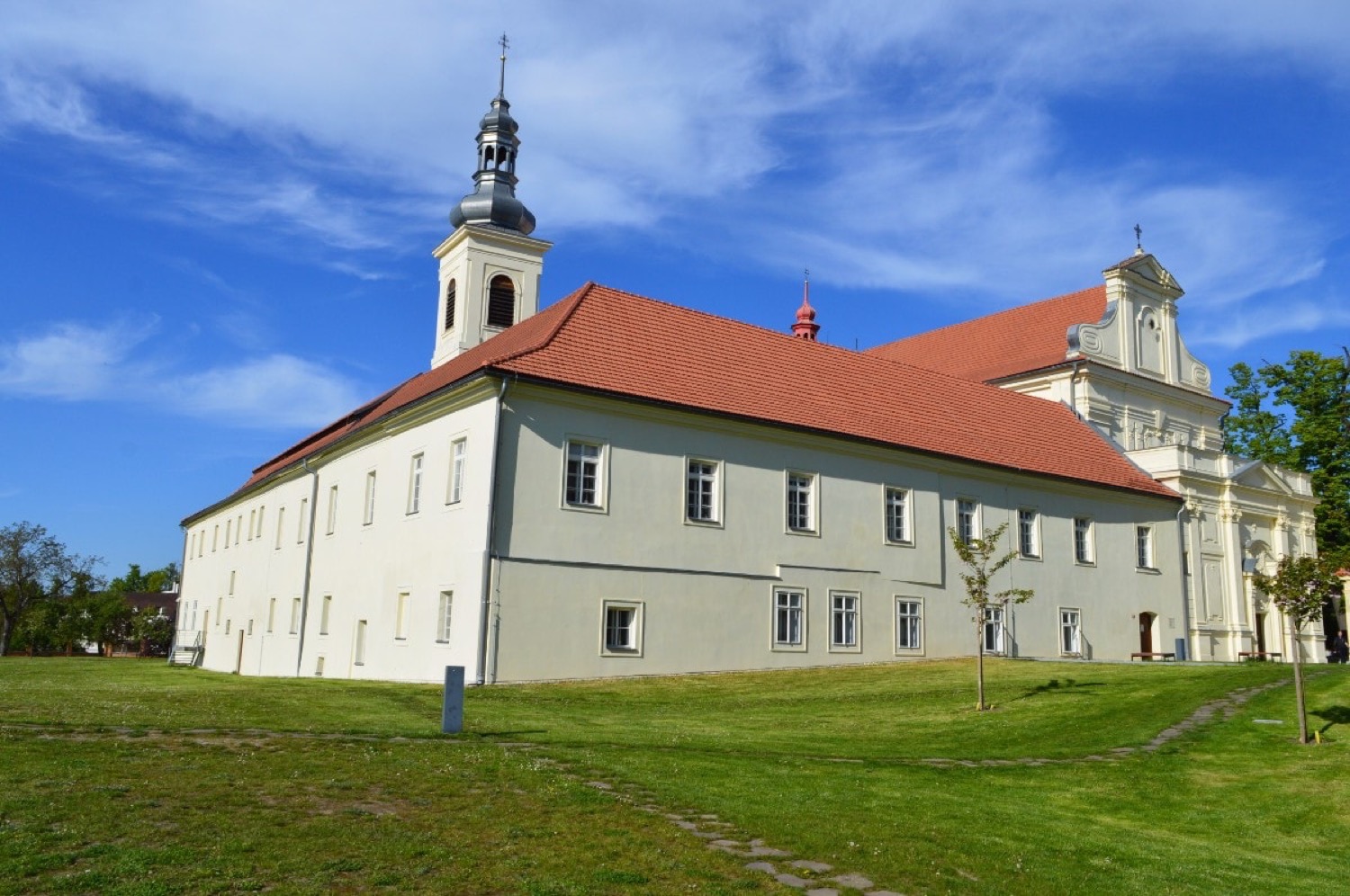
Bělá pod Bezdězem Chateau
Mladá Boleslav
13.0km
castle, chateau
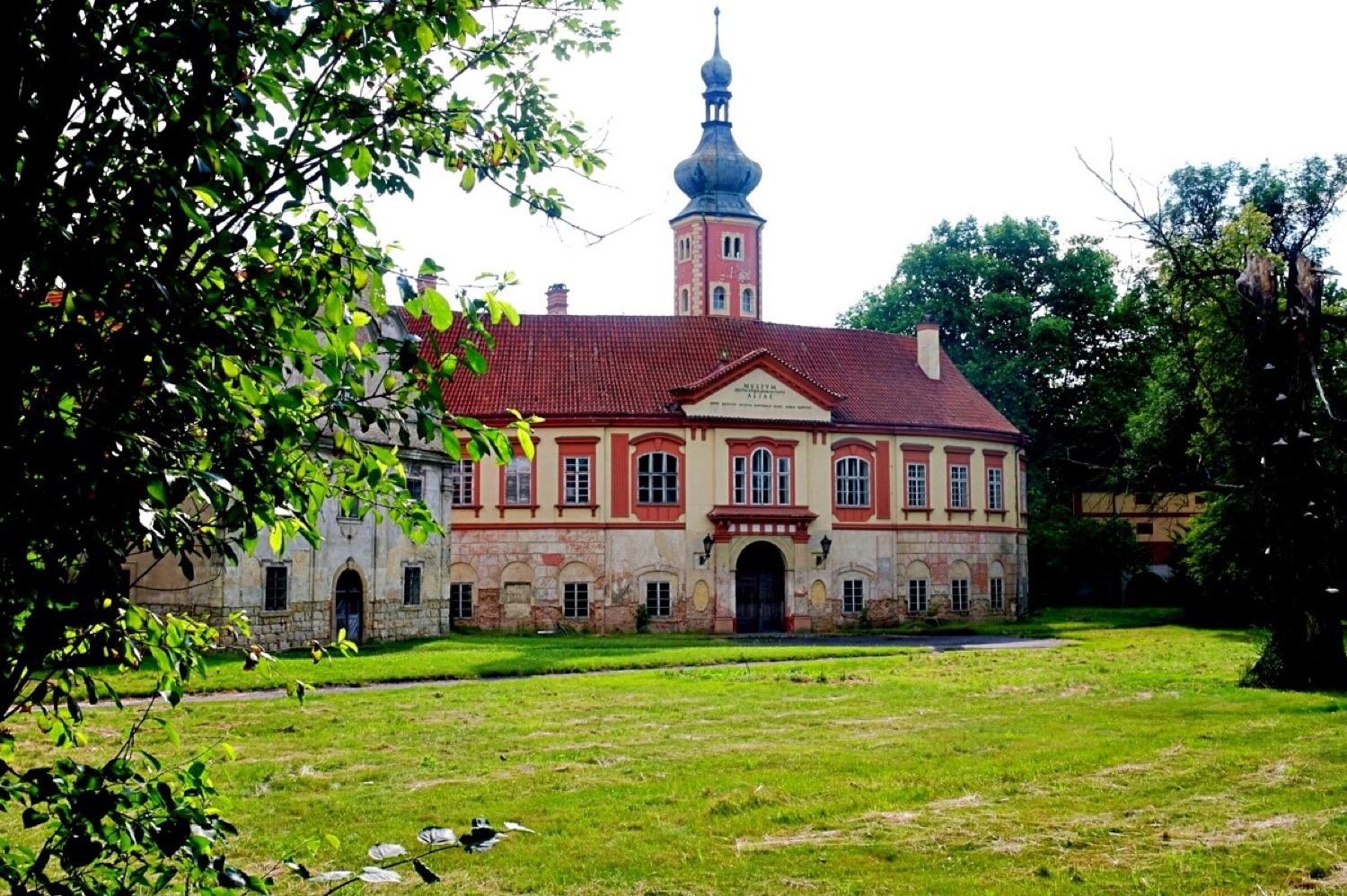
Liběchov Chateau
Mělník
15.6km
castle, chateau
